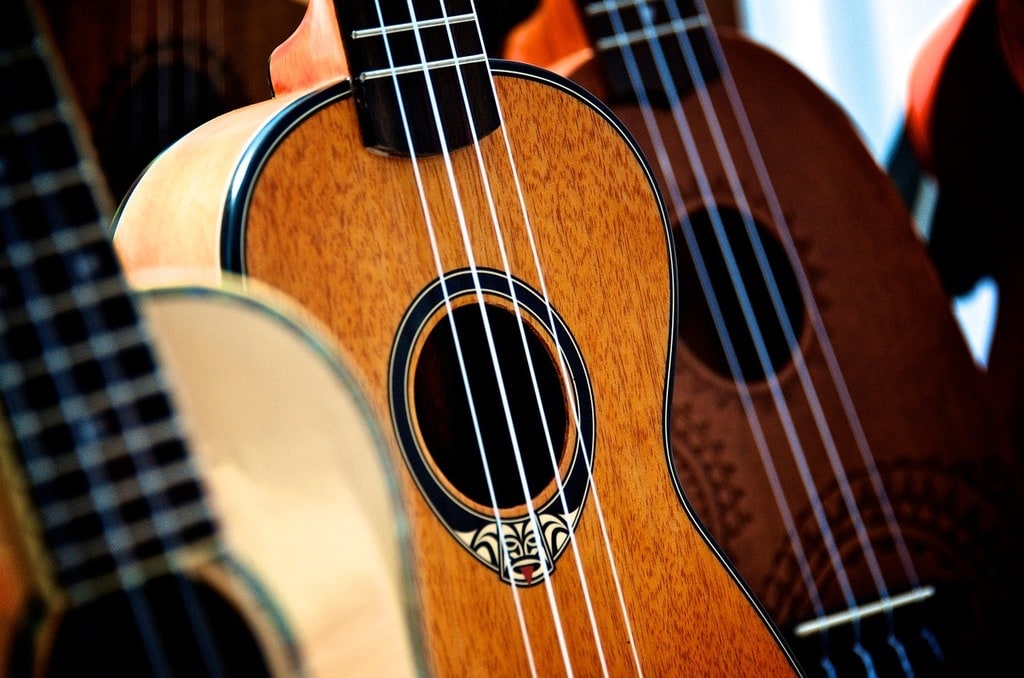The influence of historical music genres on culture is a testament to the profound connection between art and human society. Music, as an expression of human creativity and emotion, has shaped and been shaped by the cultural contexts in which it exists. From the solemn chants of medieval monasteries to the rebellious beats of rock ‘n’ roll, historical music genres have left indelible marks on culture, reflecting and influencing social norms, political movements, and collective identities.
The Enduring Influence of Historical Music Genres on Culture
Historical music genres have long served as both a reflection and a catalyst for cultural change. These genres often emerge from specific cultural conditions and, in turn, help to shape the identity and evolution of the societies that produce them. For instance, the complex polyphony of Renaissance music mirrored the intricate social structures of the time, while the simplicity of folk music often spoke to the everyday experiences and struggles of common people.
One of the most significant ways historical music genres impact culture is through their role in social and political movements. Music has often been a unifying force, bringing people together and giving voice to shared aspirations. The spirituals sung by enslaved African Americans, for example, were not only a form of resistance but also a means of preserving cultural heritage and fostering a sense of community.

Historical Genres and Their Societal Impacts
Medieval and Renaissance music played a crucial role in the cultural and religious life of Europe. Gregorian chants, with their haunting melodies, were integral to the spiritual practices of medieval monasteries, fostering a sense of divine presence and communal worship. This genre of music, characterized by its monophonic texture and free rhythm, laid the groundwork for the development of Western music.
The Baroque period brought about a dramatic transformation in music with its emphasis on contrast, ornamentation, and expressive depth. Composers like Johann Sebastian Bach and George Frideric Handel expanded the emotional and technical boundaries of music, reflecting the grandeur and complexity of the age. Baroque music, with its intricate counterpoint and bold harmonic progressions, mirrored the era’s artistic and intellectual dynamism.
The Romantic era saw music become a vehicle for personal and national expression. Composers such as Ludwig van Beethoven and Richard Wagner used music to explore deep emotional landscapes and to express the burgeoning sense of nationalism. The music of this period is characterized by its emotive power and thematic richness, capturing the spirit of an age defined by political upheaval and individualism.
Rock ‘n’ Roll and Its Revolutionary Spirit
The advent of rock ‘n’ roll in the mid-20th century marked a seismic shift in cultural paradigms. This genre, with its roots in rhythm and blues and country music, became the anthem of youth rebellion and countercultural movements. Artists like Elvis Presley, Chuck Berry, and Little Richard broke racial and social barriers, using their music to challenge the status quo and inspire a generation.
Rock ‘n’ roll’s impact extended beyond music, influencing fashion, language, and attitudes. The genre’s emphasis on self-expression and freedom resonated with the civil rights movement and the fight for social justice. Its raw energy and defiant spirit provided a soundtrack to the cultural revolutions of the 1960s and 1970s, cementing its place in the annals of cultural history.
Legacy of Historical Music Genres
The legacy of historical music genres is evident in the diverse musical landscape of today. These genres have not only shaped contemporary music but also continue to influence cultural practices and societal values. The preservation and study of historical music genres offer valuable insights into the human condition and the cultural dynamics of different eras.
Here are some key points summarizing the cultural impact of historical music genres:
- Medieval music, such as Gregorian chants, fostered spiritual unity and laid the foundation for Western musical traditions.
- Renaissance and Baroque music reflected the complexity and grandeur of their respective periods, influencing artistic and intellectual life.
- Romantic music emphasized emotional expression and nationalism, mirroring the era’s political and social changes.
- Rock ‘n’ roll revolutionized culture by breaking social barriers and inspiring movements for civil rights and social justice.
The Continuing Resonance of Past Musical Traditions
Understanding the cultural impact of historical music genres enriches our appreciation of both past and present musical forms. It highlights the profound ways in which music can capture the essence of an era, influence societal change, and foster a sense of shared identity. The echoes of historical music genres continue to resonate in modern times, reminding us of the enduring power of music to shape and reflect the human experience.
